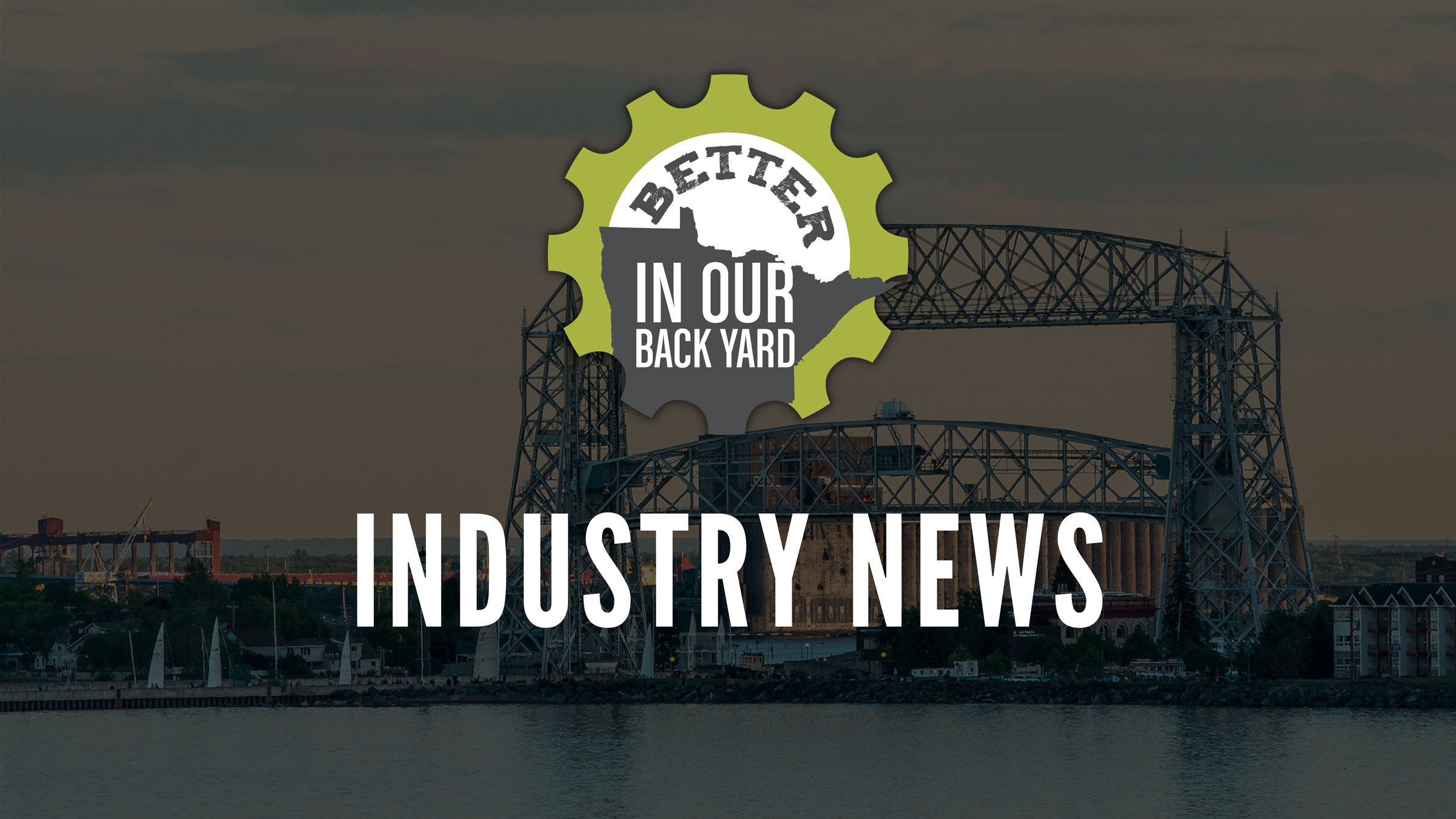The U.S. Forest Service has lifted a ban on mineral exploration in the Superior National Forest, south of the Boundary Waters Canoe Area Wilderness (BWCAW). This is great news for the industries and communities of the Iron Range, but is this the beginning of the end of the beautiful, pristine (not to mention, federally protected) BWCAW?
Absolutely not.
To set the record straight, mineral exploration and extraction activities are specifically prohibited not only within the wilderness area boundaries, but also outside of the wilderness in a 222,000-acre area known as the BWCAW Mining Protection Area. This buffer exists to protect the natural and ecological value of the wilderness from the potential impacts from mining. This was enacted through federal legislation in 1978 and is not being challenged at any level. All exploration activity has occurred outside of the wilderness area and the mining protection area.
Furthermore, we know it is possible for mineral exploration and potential extraction to coexist with efforts to protect the wilderness areas that make northern Minnesota so unique. In fact, studies show industry and tourism can work together to provide more opportunities in the future.
A mine project is not going to put a stop on tourism to the region; it likely won’t slow tourism at all. History is on our side here. We’ve mined in the region for 130 years while also becoming a popular tourist destination with world-class fishing and water resources. Current iron mining operations provide thousands of high-paying jobs, which in turn support thousands of jobs in supporting industries like hospitality, retail, healthcare, professional services and, of course, tourism.
The economic boost provided by iron mining – and potential future types of mining – creates opportunities for other industries to thrive. Some have cautioned against a potential boom-bust cycle, but with careful planning and strategic development, Iron Range communities have the opportunity to develop sustainable operations to ensure long-term benefits even after a mining project concludes. Why not take advantage of a thriving economy to strengthen other industries for the future?
The BWCAW will continue to be protected while mineral exploration in the Superior National Forest commences. It will continue to be protected if and when PolyMet opens the NorthMet Project. It will continue to be protected if and when Twin Metals opens, too. None of these proposed projects are within the BWCAW, and they will go above and beyond to be sure the BWCAW retains the natural and wild character that has made it our nation’s most popular wilderness destination, as well as a source of some of the cleanest water on the planet.
Mining companies in northern Minnesota must undergo an extensive environmental review process before they can even begin to start applying for permits to mine. PolyMet navigated the environmental review process for over a decade, proving with exhaustive research, engineering, and documentation that the company can and will adhere to strict environmental regulations. Twin Metals and any other proposed mining operation will undergo the same process long before any actual extraction begins. The recent lifting of the mineral withdrawal ban has not changed the environmental review process in any way.
The only way a new mining operation will open on the Iron Range is if it proves it can operate safely and responsibly. That means protecting people, communities, and the environment. When the public raised concerns about PolyMet’s proposal to use an existing tailings basin for long-term storage, the company went back to the drawing board and detailed an enhanced plan that reinforced tailings dam stability.
Nobody wants to risk our environment for short-term gains. Instead, as proponents of responsible industry, we seek to help protect our global environment by extracting the minerals we need for a greener and more sustainable future–right here, in our backyard, where we can extract minerals safer and more responsibly than anywhere else in the world.
